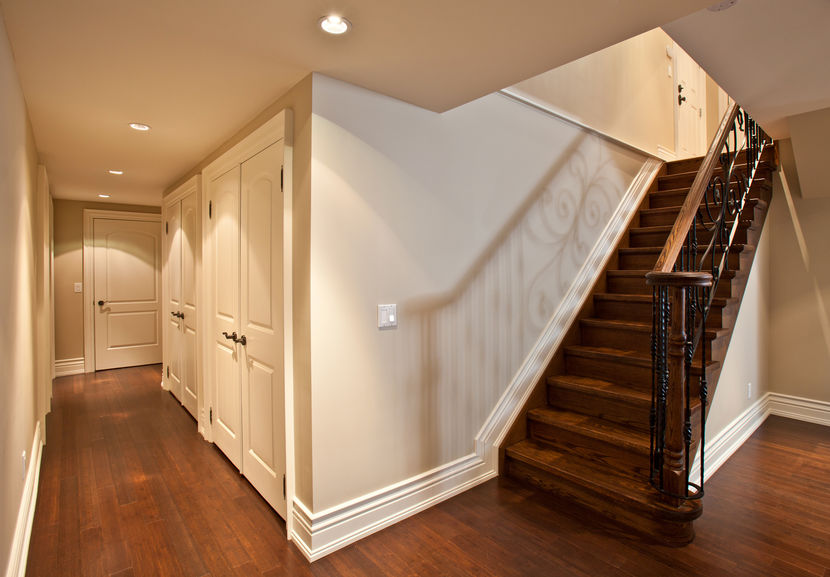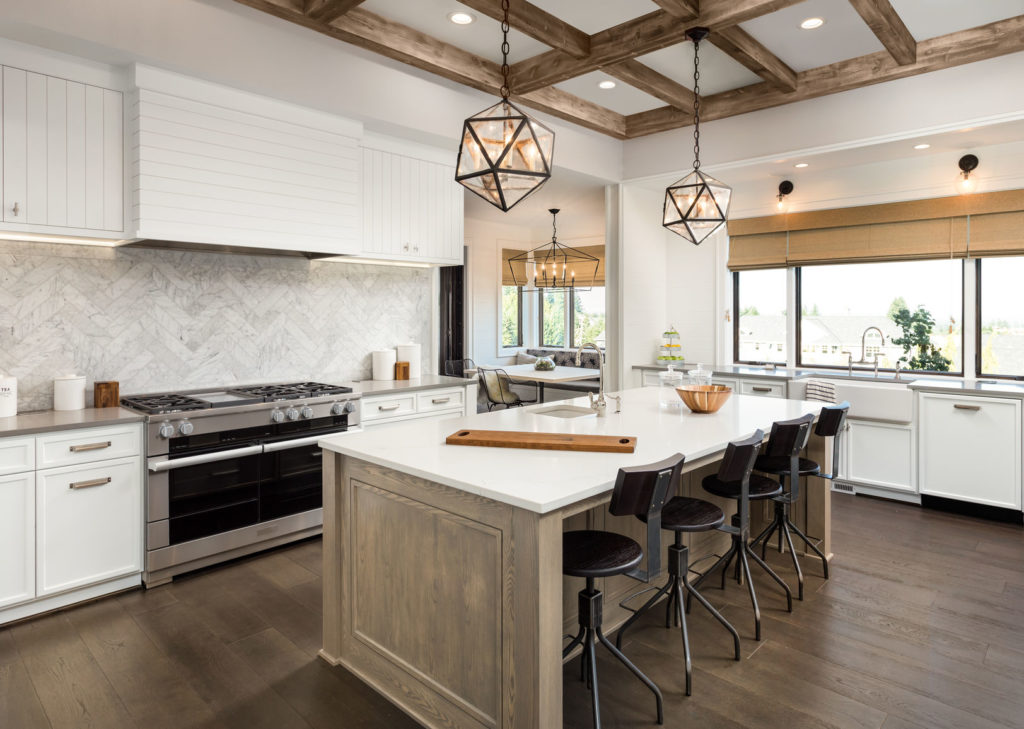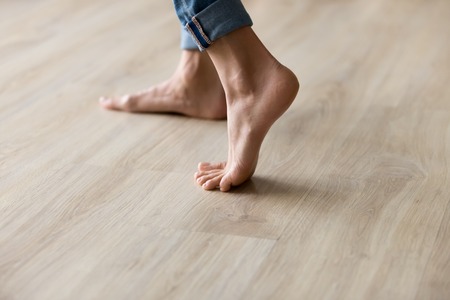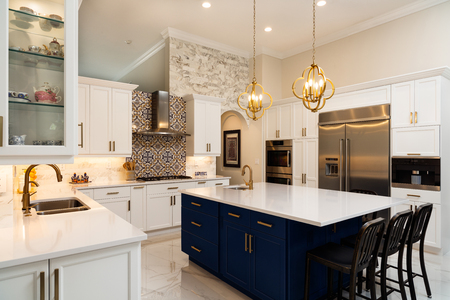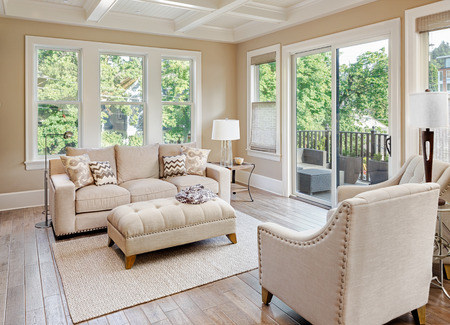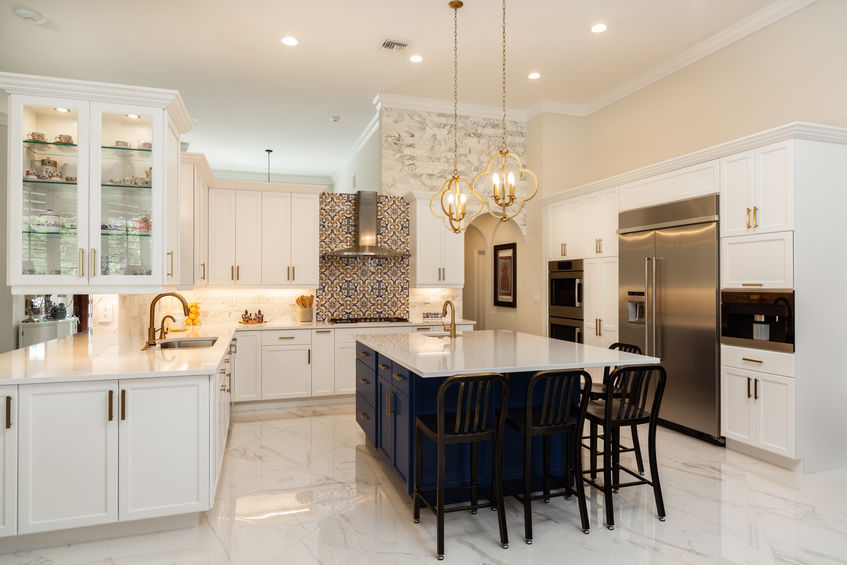
Tile has been used for centuries as a decorative floor and wall covering. Not only do many tiles offer the benefits of unmatched aesthetical appeal and substantial durability, but many tiles can be used in wet environments. This feature makes tile a very versatile flooring option. However, there are many different types of tiles on the market. Knowing some of the common tile selections and their pros and cons can better help you tailor the right selection for your home.
Ceramic
Ceramic tile has been around for a very long time. It is created by heating clay inside a kiln to harden it. It is not baked nearly as hot as porcelain, however, and is easier to chip or get damaged by frost.
Porcelain
Like ceramic tile, porcelain is clay heated in a kiln. However, it is baked at a much higher temperature, making it much more durable and less porous. Being less porous also makes this tile more difficult to stain. This is why toilets and sinks are commonly made from porcelain.
Glass
Another option to use when tiling your home is glass. Glass offers a translucent glaze, which can be very aesthetically pleasing. It is typically marketed for backsplashes or accent pieces. Additionally, glass can come in a large variety of colors and adds character to any backsplash or shower wall.
Marble
This natural stone is quarried and cut into tiles. It is full of character, with each piece being unique and individualized through their pebbly spots and veining. Marble is great; however, it is very easily stained and vulnerable to etching when it encounters acidic materials.
Mosaic
Mosaic tile is a category of tiles that are combined on a small mesh sheet for installation purposes. Mosaic tiles are typically accent pieces, which can be fun to add to walls or backsplashes. Additionally, mosaics can be made of glass, ceramic, stone, or other materials. They are very timeless and can add a charming pattern to your room.
Limestone
Limestone is a very decorative tile option with beautiful texture. Limestone is made of calcium carbonate. Limestone can also be soft and porous, which makes it vulnerable to staining or damage. However, limestone offers a beautiful, elegant look.
Quarry
Another durable option is quarry tile. This tile is made the same way that brick is formed. It is a very impervious tile, which is extremely hard. Quarry tile is not considered to be slippery when wet, which is why it is used in some outdoor places like ski resorts.
Different tiles can be used for various applications. From outside tiles for patios to indoor tiles for backsplashes, each tile can offer a distinct set of advantages. If you are having trouble choosing the right one for you, our team at ICC Home would love to assist you. We have a knowledgable staff ready to answer all and any of your questions. Visit us today, and let us help you find the perfect tile.
